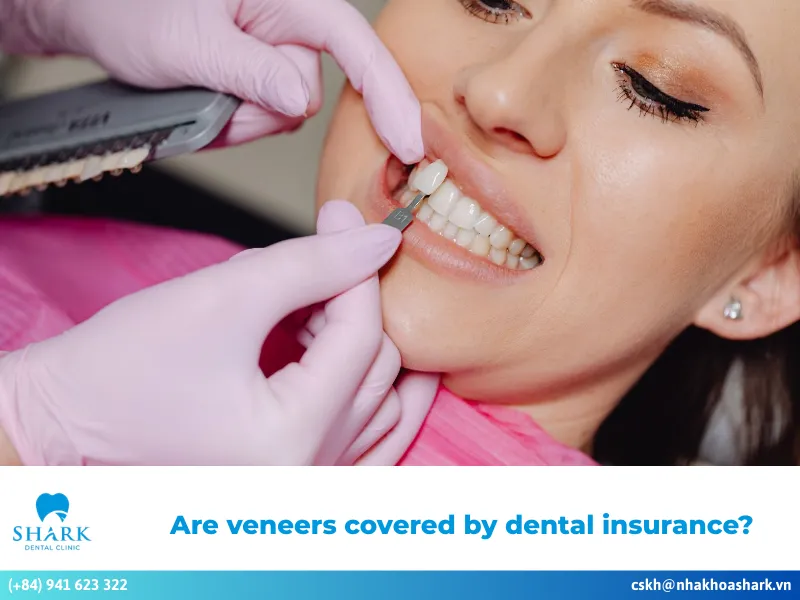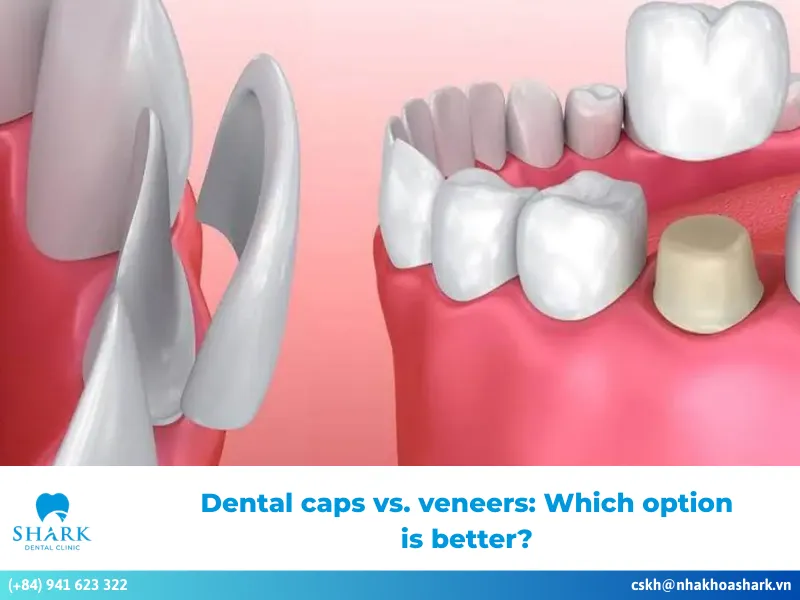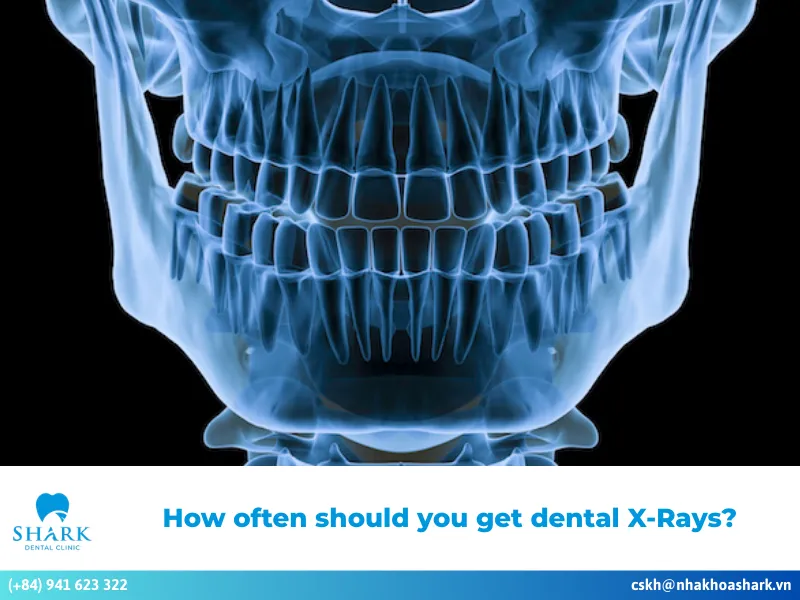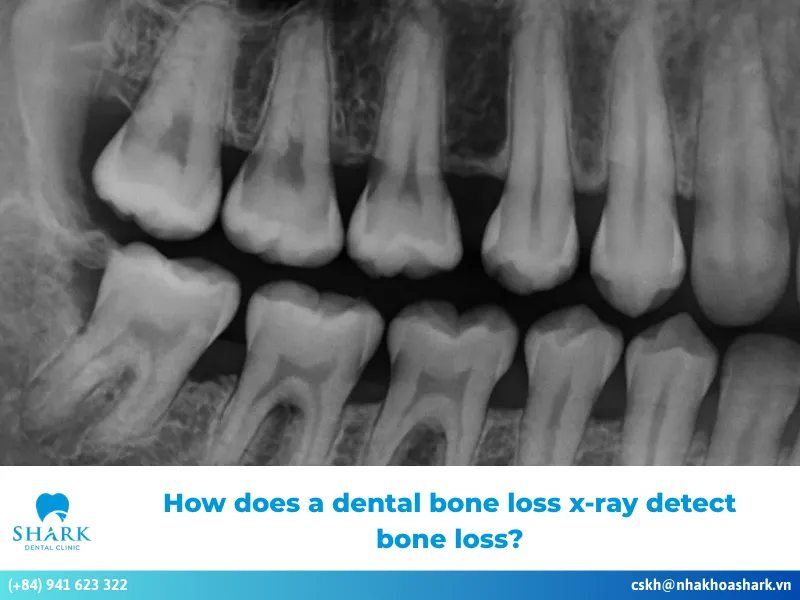Yellow or discolored teeth can often diminish confidence during daily interactions. Teeth whitening has become a popular solution, as it can significantly improve the color of teeth after just a few treatments. So, does teeth whitening damage enamel? Let’s explore the answer in the article below!
What is teeth whitening?
Teeth whitening, also known as tooth bleaching, is a cosmetic dental procedure that utilizes whitening agents in combination with light energy. This process creates an oxidation reaction that breaks down color pigments within the enamel and dentin, resulting in visibly whiter teeth without affecting the tooth structure.
Today, there are various professional and at-home whitening methods to cater to different needs and preferences, including:
- In-office teeth whitening: A dentist applies a whitening gel to your teeth and activates it using laser teeth whitening or plasma light, making your teeth several shades whiter in a short period. The effects of this procedure can last up to three years.
- At-home whitening with custom trays: Your dentist will create personalized trays by taking impressions of your teeth. You will use these trays with a prescribed whitening gel for several days or weeks, and the results typically last from one to two years.
- Whitening strips: This convenient method involves applying pre-coated whitening strips directly to your teeth. With proper oral care, results can last for approximately four months.
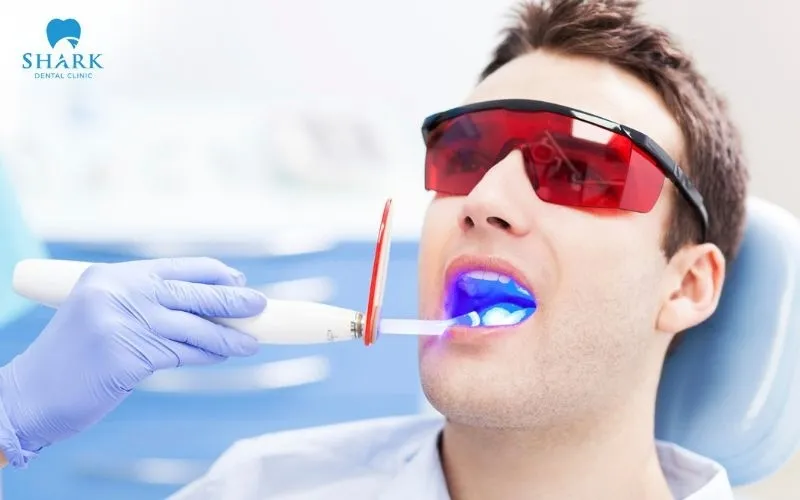
>>> See more: Should i brush my teeth before using whitening strips
Does teeth whitening damage enamel?
The answer is no—when performed correctly and under a dentist’s supervision using high-quality whitening agents, professional teeth whitening does not damage enamel or the structure of your teeth. However, if you choose to whiten your teeth at home, it’s essential to consult your dentist beforehand. They can provide guidance and prescribe the appropriate whitening products for your situation.
Using low-quality or overly harsh whitening agents, or applying the wrong techniques, can lead to enamel damage and adversely affect your overall oral health.
>>> See more: Can you use teeth whitening strips while pregnant?
Factors that contribute to enamel damage during teeth whitening
While teeth whitening is generally considered a safe and effective procedure, enamel damage may occur if certain factors are not properly managed. The most common factors include:
High concentration of whitening agents
Most whitening products contain Hydrogen Peroxide or Carbamide Peroxide as their active ingredients. While these substances effectively break down stains and brighten teeth, excessively high concentrations can erode enamel, leading to increased tooth sensitivity and weakened teeth over time.
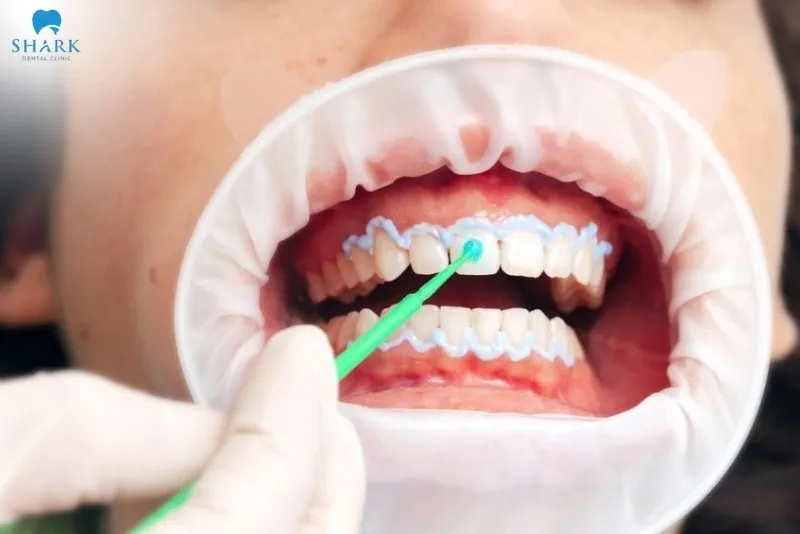
Prolonged contact time
Leaving the whitening gel on the teeth longer than recommended can also cause enamel erosion. Extended exposure allows the whitening chemicals to penetrate deeply into the enamel and dentin, potentially resulting in permanent structural damage and heightened sensitivity.
Initial oral condition
One factor that can affect and potentially harm the enamel during the whitening process is the patient’s initial oral health condition. If there are existing issues such as thin enamel, cavities, or gum inflammation, the teeth are more susceptible to irritation and damage during treatment.
Whitening method used
The method of whitening also plays a significant role in determining whether teeth whitening will damage enamel. Performing whitening procedures at home without professional guidance—especially with unverified or low-quality products—can lead to serious complications, including gum irritation, mucosal burns, and enamel erosion.
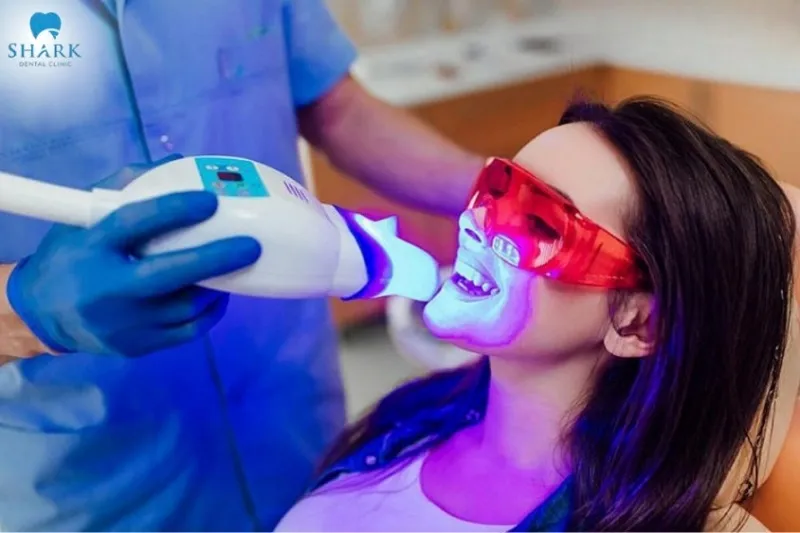
How to protect enamel during whitening?
To ensure your enamel is fully protected during the teeth whitening process, consider the following essential guidelines:
Whiten only at a reputable dental clinic
Choosing a trusted, high-quality dental clinic for your whitening treatment will help keep your enamel safe and undamaged. Home whitening products used without professional supervision may not only fail to achieve the desired brightness but can also compromise the quality of the enamel and dentin layers.
Maintain a reasonable whitening frequency
Over-whitening can gradually wear down enamel. It is recommended to undergo professional whitening only 1–2 times per year. Avoid repeating whitening sessions too closely together or undergoing the procedure when your teeth are still sensitive.
Adopt a proper oral care routine
After the whitening process, your enamel temporarily loses minerals and becomes more sensitive. To protect your teeth during this period:
- Choose the right toothpaste: Select toothpaste that contains fluoride and is formulated for whitening. This helps to remineralize enamel and strengthen your teeth.
- Maintain good oral hygiene: Use a soft-bristled toothbrush, brush at least twice a day, and incorporate dental floss or a water flosser to clean between teeth.
- Avoid harmful habits: Refrain from teeth grinding or clenching, as these can erode enamel, cause sensitivity, and lead to long-term damage.
- Avoid smoking: Nicotine in cigarettes can cause teeth to yellow quickly and alter enamel coloration
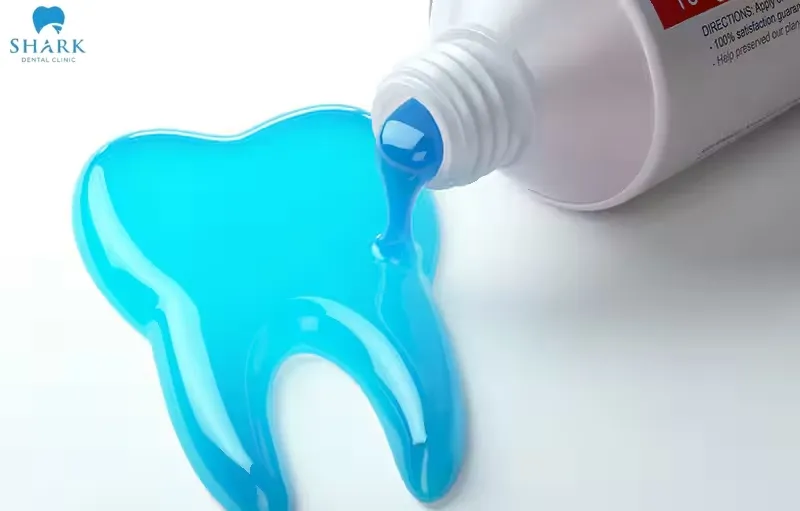
Follow a tooth-friendly diet
In addition to good oral hygiene, a well-balanced diet will help protect enamel and maintain your whitening results:
- Avoid dark-colored foods and drinks: Items like coffee, soy sauce, and red wine can easily stain your teeth.
- Avoid acidic foods: After whitening, your enamel is more sensitive. Consuming high-acid foods can erode the enamel and lead to discomfort.
- Stay hydrated: Drinking enough water helps maintain a balanced oral microbiome and reduces the risk of discoloration.
Schedule regular dental check-ups
To ensure long-lasting whitening results, schedule regular follow-up visits at your dental clinic. Your dentist can monitor your whitening progress, evaluate the health of your enamel, and address any emerging oral issues promptly.

In summary, the answer to the question, does teeth whitening damage enamel, depends on various factors. However, when whitening is performed correctly at a reputable dental clinic using high-quality, certified products, it is completely safe for your enamel.
At Shark Dental Clinic, we hope the information shared above helps you understand how to care for your teeth effectively, maintaining a naturally bright smile and long-term oral health.





